MONDAY
00:00MONDAY
Synth-pop (short for synthesizer pop; also called techno-pop is a subgenre of new wave music that first became prominent in the late 1970s and features the synthesizer as the dominant musical instrument. It was prefigured in the 1960s and early 1970s by the use of synthesizers in progressive rock, electronic, art rock, disco, and particularly the "Krautrock" of bands like Kraftwerk. It arose as a distinct genre in Japan and the United Kingdom in the post-punk era as part of the new wave movement of the late 1970s to the mid-1980s.
Learn more03:00MONDAY
Italo disco is a music genre which originated in Italy and was mainly produced from the late 1970s to the late 1980s. The origin of the genre's name is strongly tied to marketing efforts of the ZYX record label, which began licensing and marketing the music outside Italy in 1982. Italo disco faded in the early 1990s.
Learn more06:00MONDAY
One of the early representatives of the 1980s genre was the British group Imagination and with their series of hits throughout 1981 and 1982. The term "Eurodisco" quickly faded in the 1980s and was replaced by the very wide term of "Italo disco" for more than a decade. But in America, Donna Summer was the only 1980s Eurodisco singer, and the term hi-NRG was used there instead. Italo disco was the first successful 1980s Eurodisco variation. Probably because of this, all the later 1980s Eurodisco variations were called "Italo disco" by the Europeans (with the exception of Eurobeat). Italo disco began to develop in Italy in the late 1970s and early 1980s, by groups like Gazebo, Kano and 'Lectric Workers. 1980s Eurodisco variations soon appeared later in France, Germany, Spain and Greece. The Italian and German Eurodisco productions were the most popular. German pop duo Modern Talking was an icon of Eurodisco between 1985–1987 and became the most successful Eurodisco project ever. Bad Boys Blue was another very successful project. That style became very popular in Eastern Europe and remained popular until the early 1990s. In Poland, disco polo, a local music genre relying heavily on Eurodisco was developed at the verge of the '80s and '90s. Some Canadian disco productions by groups like Lime became hits. https://en.wikipedia.org/wiki/Eurodisco
Learn more09:00MONDAY
It also spent four weeks atop the singles chart in West Germany and peaked at number 5 in the UK. It became one of the earliest successful songs within the genre of music that has come to be known as Hi-NRG. On the SoBe Music compilation album Gay Classics, Volume 1: Ridin' the Rainbow, the liner notes describe the song as "...engagingly captur[ing] the spirit of the genre through uplifting lyrics tightly fused with dazzling synth work". https://en.wikipedia.org
Learn more12:00MONDAY
Italo disco originated in Europe in the late 1970s. After Disco Demolition Night in 1979, American interest in disco sharply declined, whereas in Europe the genre maintained mainstream popularity and survived into the 1980s. The adoption of synthesizers and other electronic instruments by disco artists led to electronic dance music, which spawned many subgenres such as hi-NRG in America and space disco in Europe. Italo disco's influences include Italian producer Giorgio Moroder, French musician Didier Marouani, French drummer Cerrone, and the San Francisco-based hi-NRG producer Patrick Cowley, who worked with singers as Sylvester and Paul Parker.
Learn more15:00MONDAY
The term came into wide use in the 1970s, where it usually referred to 7-inch vinyl singles featuring one track on the A-side and two on the B-side. The 1975 reissue of David Bowie's "Space Oddity", where the featured song is coupled with "Changes" and "Velvet Goldmine", is a typical example.
Learn more18:00MONDAY
In the 1980s, dance music records made using only electronic instruments became increasingly popular, largely influenced from the Electronic music of Kraftwerk and 1970s disco music. Such music was originally born of and popularized via regional nightclub scenes in the 1980s, and became the predominant type of music played in discothèques as well as the rave scene.
Learn more20:00MONDAY
In the early 1980s, new wave gradually lost its associations with punk in popular perception. Writing in 1989, music critic Bill Flanagan said; "Bit by bit the last traces of Punk were drained from New Wave, as New Wave went from meaning Talking Heads to meaning the Cars to Squeeze to Duran Duran to, finally, Wham!". Virtually every new pop rock act, and particularly those that included synthesizers in their sound, were tagged as "new wave". Starting around 1983, the US music industry preferred the more generic term "New Music", which it used to categorize new movements like New Pop and New Romanticism. In Britain, journalists and music critics largely abandoned the terms "new wave" and "new music" in favor of subgenre terms such as "synth-pop". New wave was closely tied to punk, and came and went more quickly in the UK and Western Europe than in the US. At the time punk began, it was a major phenomenon in the UK and a minor one in the US. When new wave acts started being noticed in the US, the term "punk" meant little to mainstream audiences, and it was common for rock clubs and discos to play British dance mixes and videos between live sets by American guitar acts. By the 2000s, critical consensus favored "new wave" to be an umbrella term that encompasses power pop, synth-pop, ska revival, and the soft strains of punk rock. In the UK, some post-punk music developments became mainstream. According to Music critic David Smay writing in 2001: Current critical thought discredits new wave as a genre, deriding it as a marketing ploy to soft-sell punk, a meaningless umbrella term covering bands too diverse to be considered alike. Powerpop, synth-pop, ska revival, art school novelties and rebranded pub rockers were all sold as "New Wave." https://en.wikipedia.org/wiki/New_wave_music
Learn more21:00MONDAY
In the 1980s, dance music records made using only electronic instruments became increasingly popular, largely influenced from the Electronic music of Kraftwerk and 1970s disco music. Such music was originally born of and popularized via regional nightclub scenes in the 1980s, and became the predominant type of music played in discothèques as well as the rave scene.
Learn more

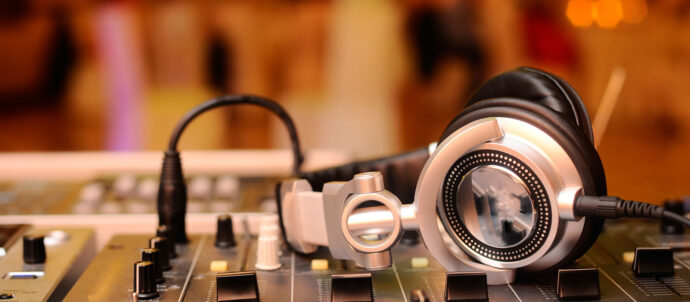
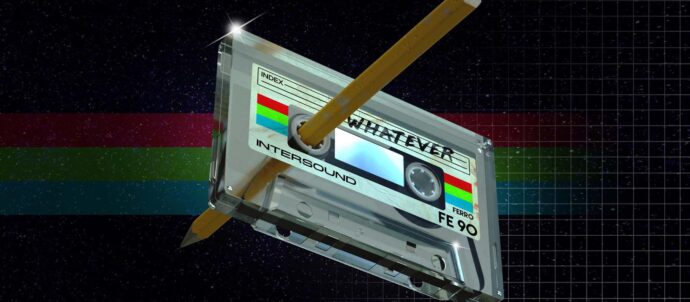

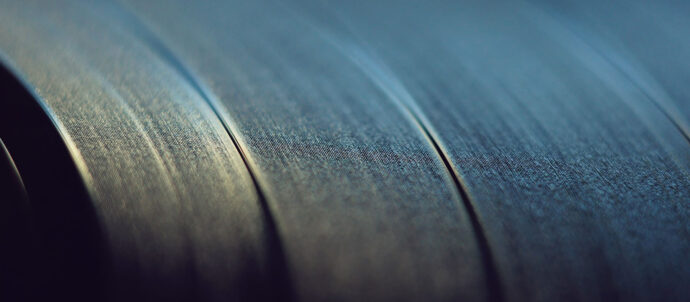
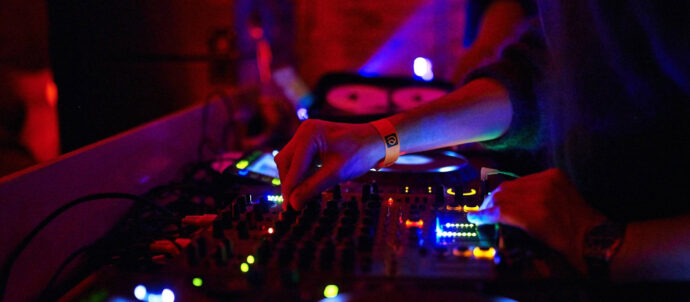
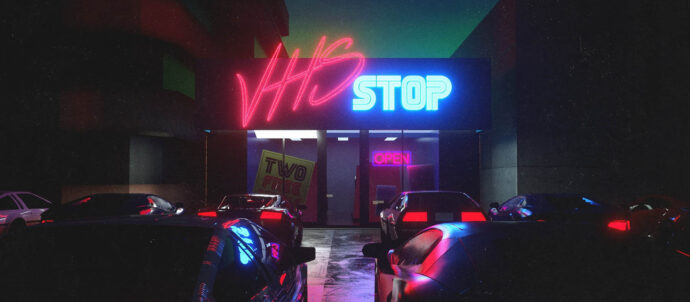

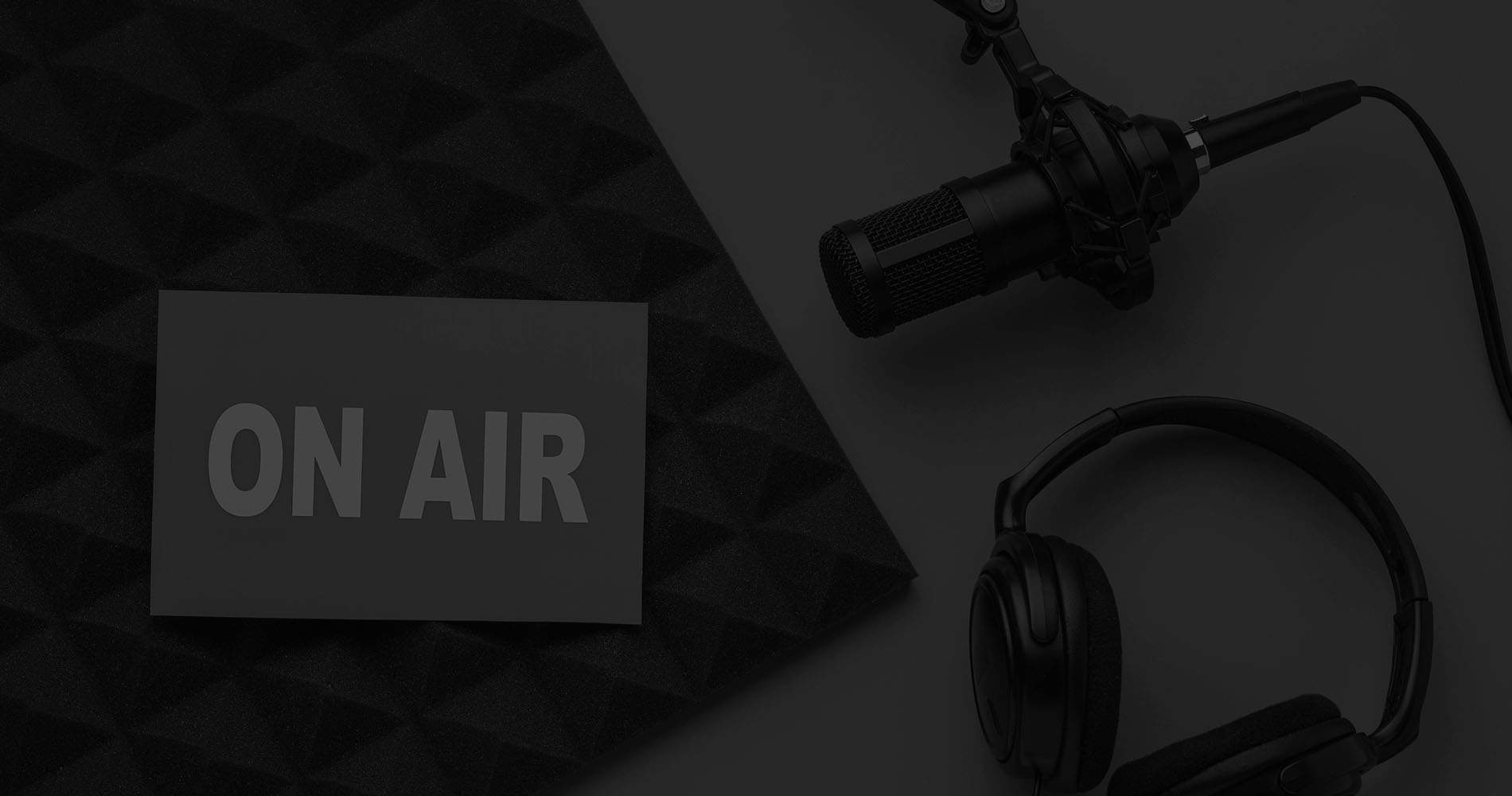
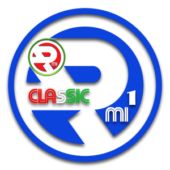
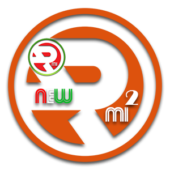 Italo Disco New Generation
Italo Disco New Generation 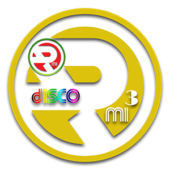 Euro Disco
Euro Disco